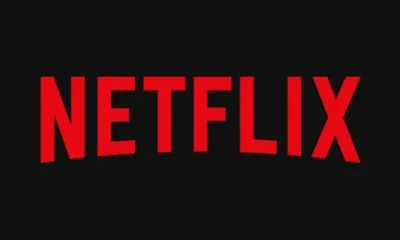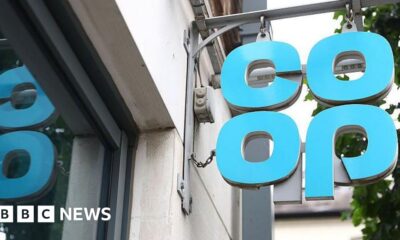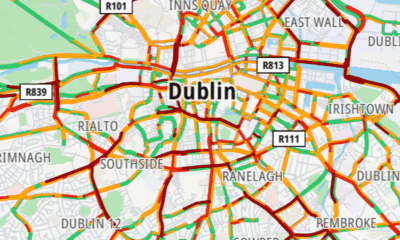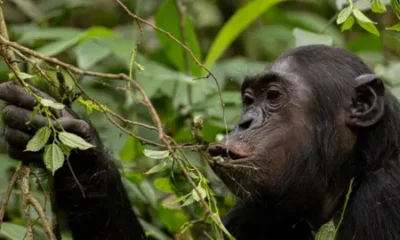Breaking News
The Papers: ‘MPs want me to oust Starmer’ and ‘Wayne’s booze hell’
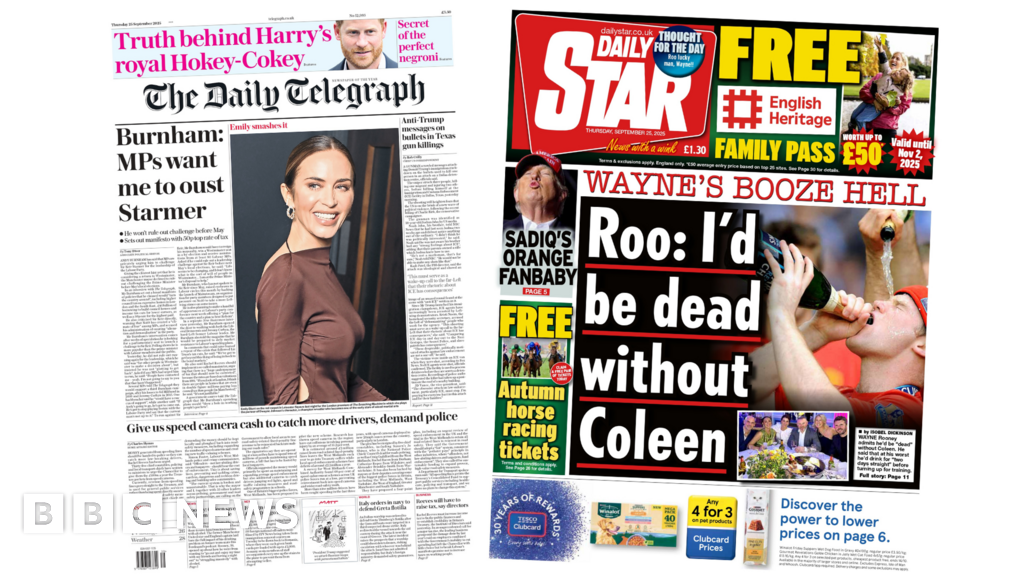
Read more on post.
The Guardian says Sir Keir Starmer is hoping that announcing funding for deprived areas can help him fight back against the rise of Reform UK – and against his critics inside Labour.
It says the prime minister is gambling that an updated version of the Tories’ “levelling up” strategy will address anger about Britain’s broken communities.
The paper particularly notes that he hopes to quieten Andy Burnham but the mayor of Greater Manchester has spoken out again in The Daily Telegraph. He insists that he is “not plotting” against Sir Keir, but does not rule out a leadership challenge before May. The Times says the Labour conference starting this weekend will be “The Burnham Show”. It says many MPs have already said they want no part of it, but Downing Street will be worried that the mayor will use the opportunity to undermine the prime minister.
The Times says the child poverty task force, made up of ministers and Whitehall officials, is to recommend lifting the two-child benefit cap. It says that will present a “significant dilemma” for the prime minister and the chancellor, as it would cost an estimated £3bn a year when they are already trying to fill a hole in the public finances. The Daily Mail also suggests the government is “inching towards” lifting the cap. It says the prime minister could signal the move at the Labour conference.
The front page of The Sun says an Afghan migrant who arrived in a small boat in 2022, and was granted asylum, later went back to Afghanistan on holiday. It details the man’s social media posts about his travels, and calls the story “astonishing”. It quotes sources as saying his status in Britain is now being reviewed.
The Financial Times says the UK’s biggest winemaker, Chapel Down, has scrapped plans to build a new £32m winery in Kent because demand for English wine has eased. The company says the saving will help it return to profitability, after it was affected by lower consumption last year. The FT says the trade association for UK wine says sales of fizz have plateaued, while growth in overall English wine sales has slowed dramatically.
Breaking News
Co-op says cyber-attack cost it £206m in lost sales
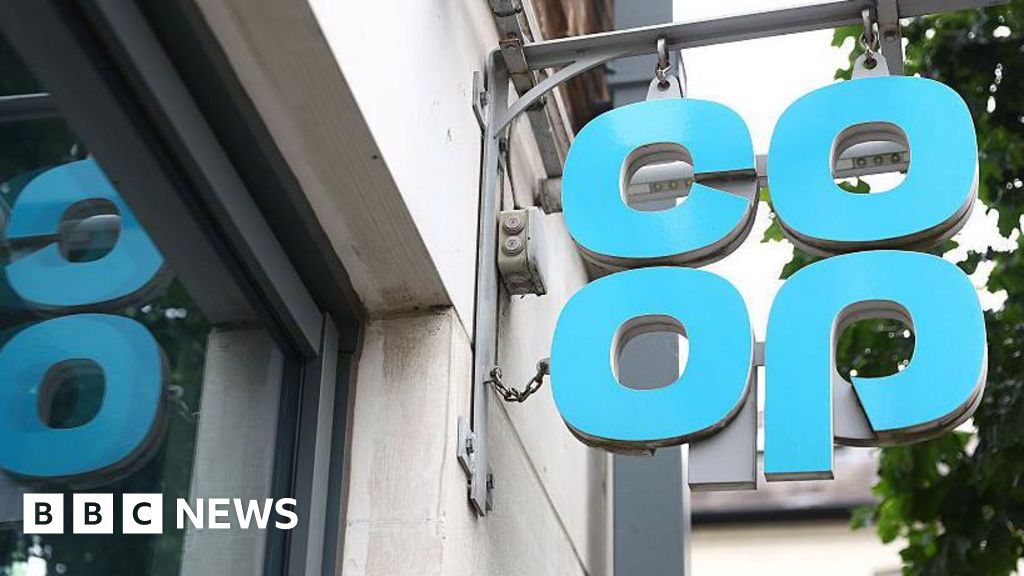
Read more on post.
The Co-op has said the cyber-attack it suffered earlier this year cost it at least £206m in lost revenues.
The retailer’s IT networks were infiltrated by hackers in April, resulted in payment problems, widespread shortages of goods in shops, and the loss of customer data.
Co-op chair Debbie White said the “malicious” attack had caused “significant challenges” in the first half of 2025.
Overall, the retailer reported a £75m underlying pre-tax loss in the six months to 5 July, compared to a £3m profit in the same period a year earlier.
It also said profits were hit by increased staffing costs and regulations, as well as the cyber-attack.
The full cost of the attack could be much higher as the Co-op said it was also expecting there to be some impact to its business in the second half of the year.
Ms White said the group must now rebuild “better and stronger to meet the challenges and opportunities that lie ahead”.
Co-op reported its total group revenue – the amount of money a company makes from all its business activities – was £5.48bn.
That’s a decrease from the £5.6bn it reported as total group revenue for the same period in 2024.
April’s cyber-attack resulted in empty store shelves and issues with digital payments. The disruption was particularly felt in some rural areas where the local Co-op is the only large supermarket.
After initially downplaying the attack, the Co-op later admitted all 6.5 million of its member customers had their data stolen.
The business’s funeral homes also had to resort to paper-based systems.
Co-op chief executive Shirine Khoury-Haq said she was proud of how the business had responded to the attack and that it highlighted many “strengths”.
“It also highlighted areas we need to focus on – particularly in our Food business,” she said.
The attack on the Co-op came amid a challenging period for the group, as it faces rising costs and and pressure on consumer confidence from the rising cost of living.
Last year, the company reported improved profits but warned in April it would face more than £200m in costs and spending pressures in 2025, including £80m from the impact of shoplifting.
Marks & Spencer and Harrods were both hit by cyber-attacks around the same time, but the Co-op was able to resume normal trading at a faster pace as it discovered the attack earlier.
Marks & Spencer, which stopped all online sales for six weeks following its hack, said it faced a £300m financial hit.
Speaking exclusively to the BBC, hackers who claimed to be responsible for the Co-op cyber-attack said they breached the company’s computer systems long before they were discovered.
But the attackers also said that the Co-op disconnected the internet from IT networks in the nick of time to stop the hackers from deploying ransomware and causing even more disruption.
At the end of August, carmaker Jaguar Land Rover (JLR) also suffered a cyber-attack and the company was forced to shut down its IT networks.
Production at its factories in the UK was also shutdown as a result, and will remain suspended until October at the earliest affecting suppliers as well as factory workers.
Breaking News
Some 1,700 premature deaths attributed to poor air quality per year, says EPA
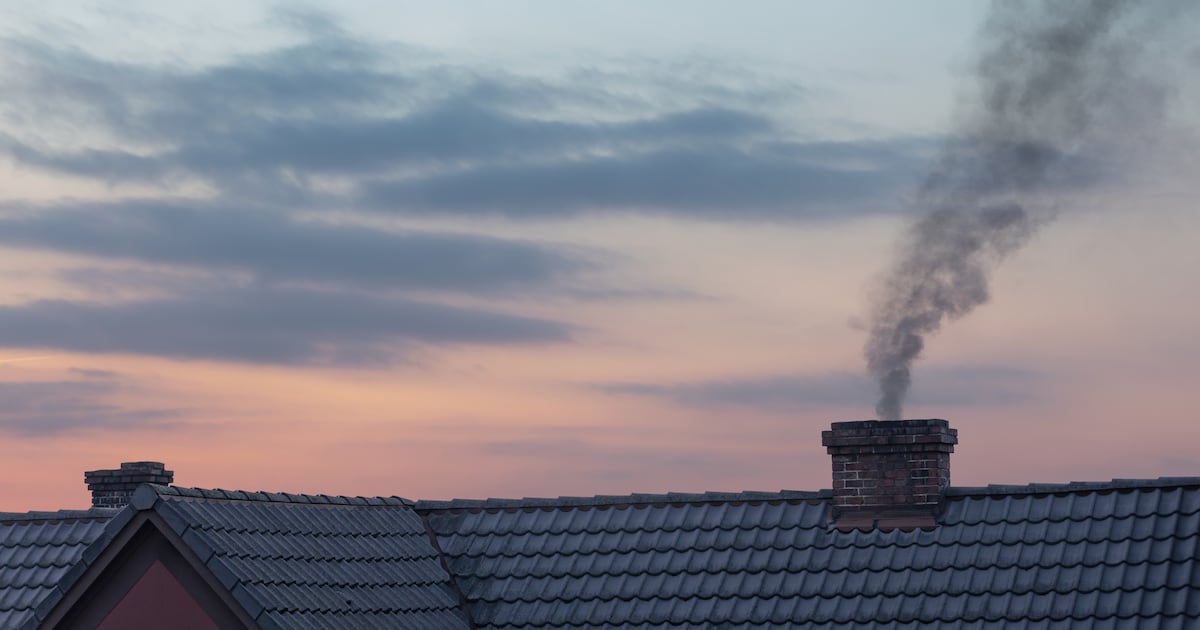
Read more on post .
Traffic fumes and chimney smoke continue to pollute Ireland’s air despite moves towards cleaner motoring and heating.
The Environmental Protection Agency (EPA) said the number of premature deaths attributed to poor air quality also remained high, at 1,700 per year.
The agency said while monitoring at 115 sites showed all met legal air quality standards last year, there were places and times when those standards were close to being breached.
It also warned that current air quality levels were not good enough to comply with more stringent standards that will apply from 2030.
A quarter of monitoring sites would fail the 2030 standards on levels of nitrogen dioxide (NO2), a gas emitted from petrol and diesel vehicles that builds up in high concentrations in urban centres.
Around 7 per cent of sites would fail on particulate matter (PM2.5), tiny particles of soot, dust and dirt that mainly come from burning solid fuels.
PM2.5 is also prevalent in cities and towns but so too are rural areas not connected to the gas network.
Both pollutants lodge in the lungs, causing problems from mild irritation to chronic and acute lung disease.
Air pollution also contributes to heart conditions, dementia, neonatal mortality and type 2 diabetes.
Vulnerable groups, including children and older adults, and those with underlying conditions such as asthma, are particularly at risk.
The EPA said a decisive shift away from solid fuel heating and fossil fuel transport was needed.
“Many of us have grown up with the comfort of an open fire and limited alternatives to travelling by car – but these familiar habits contribute to poor air quality,” said Pat Byrne, the EPA’s director of environmental monitoring.
“Supporting people to shift towards cleaner heating and more sustainable travel isn’t about giving something up – it’s about gaining healthier air and healthier lives.”
Breaking News
Chickenpox vaccine to be made free for children aged one
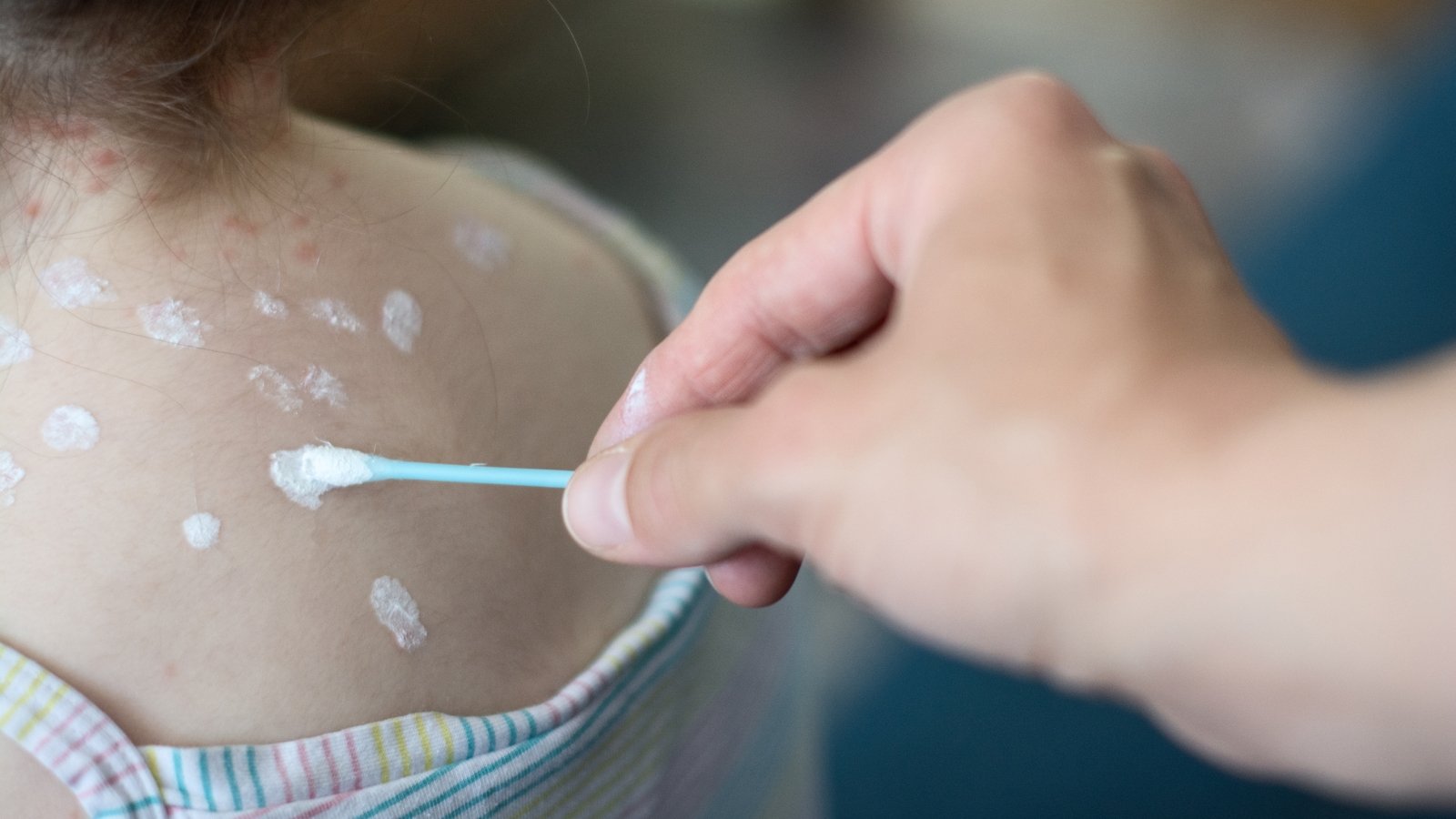
Read more on post.
The Health Service Executive has announced that the chickenpox vaccine will be made available free of charge for all babies born on or after 1 October last year.
The vaccine will be available once a child turns 12 months of age as part of the routine childhood immunisation schedule offered by GPs.
Previously, parents or guardians had to pay for the vaccine.
Dr Ciara Martin, a consultant in Emergency Medicine, welcomed the announcement as a “great celebration”.
Speaking to RTÉ’s Morning Ireland, she said they had been “waiting a while” for this to come in.
She said that although chickenpox can be a mild disease, there are a number of complications associated with it, including skin infections and viral pneumonia, and in rare cases it can affect the nerves and brain.
She said there have been a number of changes to the vaccination schedule and this was seen as a good time to add the chickenpox vaccine.
“It was felt that this is a good time to start it now, when we’re just settling into a new schedule of vaccinations that will continue for the next five or six years,” she said.
“It’s been a little slow to come through, that is true, but I think that the focus is that we have it now … it’s a safe vaccine. It certainly has been available for a number of years.”
Dr Martin said the current uptake of childhood vaccines is around 85-90%, which she said is “a little concerning” because it should be around 95% for herd immunity to be achieved.
Dr Chantal Migone, a consultant in Public Health Medicine at the HSE National Immunisation Office, said she was “delighted” that the vaccine would now be part of the routine schedule.
“While chickenpox is often seen as a mild illness, it can sometimes cause serious complications needing hospitalisation in children,” she said.
“Vaccination at 12 months gives babies important protection against chickenpox and also helps protect the wider community”.
Dr Patrick Kelly from the Irish College of GPs advised parents to contact their GP as soon as possible if their child is approaching one year old.
“Getting vaccines on time, every time is the best way to protect your child,” he said.
“Your GP and GP practice nurse can answer any questions you have and make sure your baby gets everything they need at the right visit.”
The HSE has reminded parents to keep babies on schedule with all recommended vaccines at two, four, six, 12 and 13 months.
Parents are also reminded to bring their baby’s blue immunisation passport to each appointment.
-
Culture2 days ago
Taylor Swift’s new cinema outing generates more than €12million in just 24 hours
-
Politics2 days ago
European Parliament snubs Orbán with vote to shield Italian MEP from Hungarian arrest
-
Business23 hours ago
Households to be offered energy bill changes, but unlikely to lead to savings
-
Culture2 days ago
Milan Fashion Week 2025: Unmissable shows and Giorgio Armani in mind
-
Opinion2 days ago
AI Is Pointless If It Doesn’t Boost Productivity
-
Health3 days ago
EU renews support for WHO’s Universal Health Coverage Partnership
-
Environment1 week ago
Chimps drinking a lager a day in ripe fruit, study finds
-
Culture2 days ago
Traitors Ireland finale: A tense and thrilling conclusion to a spectacular first season


